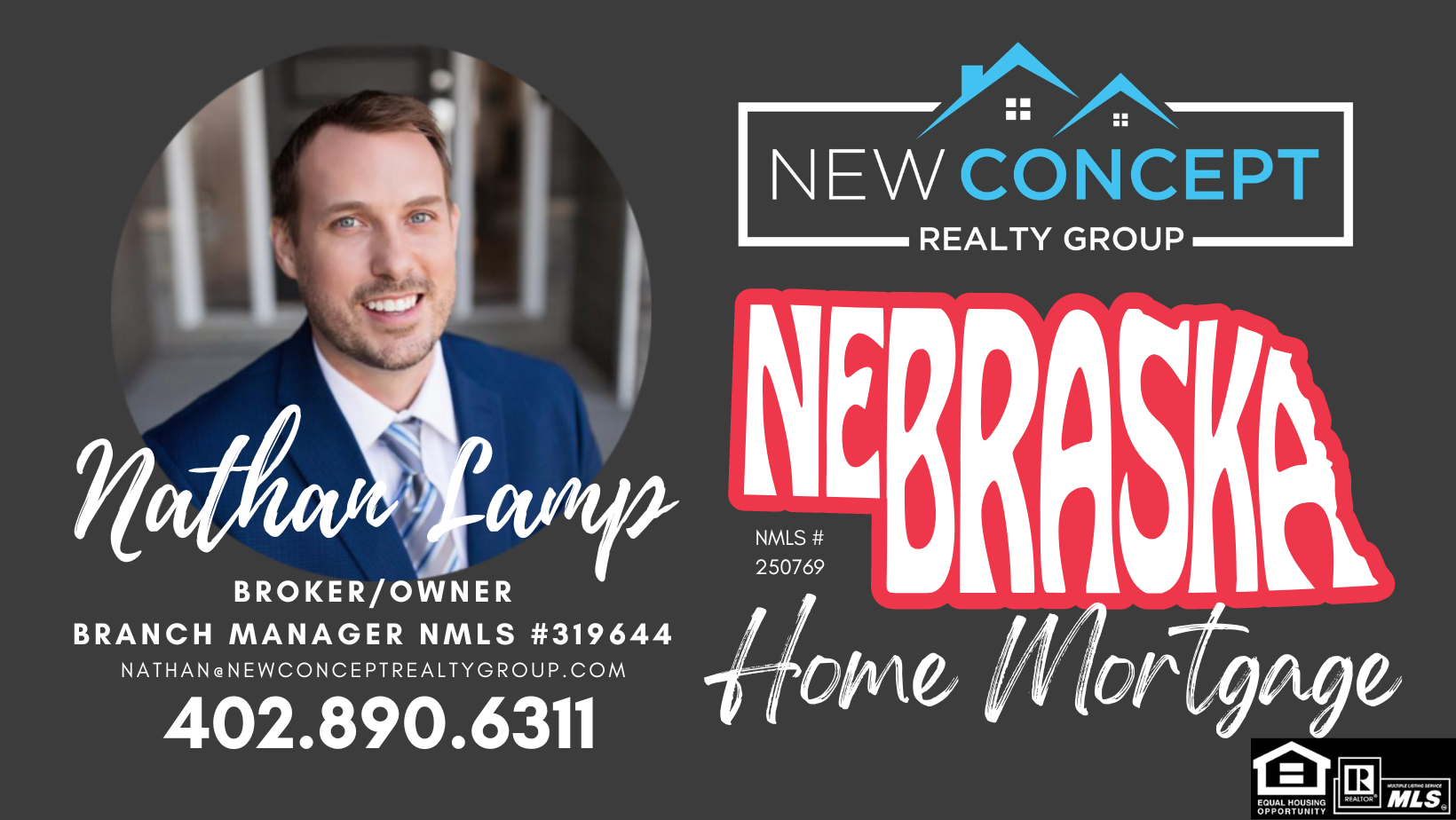Free Mortgage and Real Estate Advice!
When you are trying to find out what loan programs you qualify for it can seem like an overwhelming process. Instead of filling out an application right away I recommend getting in touch with me to see options you would qualify for before going thru the work and credit pull of a formal application. Schedule below for a consultation.
Also as a Real Estate Broker I can help structure a game plan for you as well if you have a house to sell or are needing help finding a new one.
What is a Jumbo Mortgage?
A jumbo home loan, also known as a jumbo mortgage, is a type of financing that exceeds the limits set by the Federal Housing Finance Agency (FHFA) — Although they are nonconforming mortgages, jumbo loans still must fall within the guidelines of what the Consumer Financial Protection Bureau considers a “qualified mortgage”.
These mortgages are considered most appropriate for a segment of high-income earners who make between $250,000 and $500,000 a year.
Jumbos are considered riskier for lenders because they can’t be guaranteed by Fannie Mae and Freddie Mac, meaning the lender is not protected from losses if a borrower defaults.
How to Qualify for a Jumbo Mortgage
Lenders set their own underwriting guidelines for jumbo loans, so eligibility requirements may vary. Make sure to get as much information as you can from each lender to understand their specific requirements and underwriting procedures for a jumbo loan.
- Jumbo loans are often attractive to homebuyers with more complex sources of income. With that in mind, it’s common for jumbo loans to require more paperwork and income documentation than conventional loans.
- Lenders may require your FICO score to be higher than 700, and sometimes as high as 720, to qualify for a jumbo loan. Borrowers whose scores fall beneath the normal requirements usually have to offset it with a low debt-to-income ratio.
- Your debt-to-income ratio (DTI) should be under 43% and preferably closer to 36%.
- It’s not uncommon for lenders to ask jumbo loan borrowers to show they have enough cash reserves to cover ten months to one year of mortgage payments.
- 30 days of pay stubs and W2 tax forms stretching back two years, in addition to bank statements and information on any investment accounts.
- If you’re self-employed, you must show two years of tax returns and at least 60 days of current bank statements.
- Jumbo loans are manually underwritten. A finance expert will go through your credit report, assets and bank statements with a fine-toothed comb and bring to light any past missteps. If you have a bankruptcy or foreclosure on your report, you’ll have a harder time getting a loan.
- Your home needs to meet appraisal standards
Benefits of a Jumbo Mortgage
- Borrowers can get fixed- or adjustable-rate jumbo mortgages with various term options.
- You can buy various types of properties with a jumbo loan. As long as you meet your lender’s other requirements, there are no government restrictions on how you can use your jumbo loan. You can use most jumbo mortgages for primary residences, second homes, vacation houses and investment properties.
- While conventional mortgage loans usually require a 20% down payment, jumbo loan down payments can be as low as 5%, with 10% a more common figure.
- The average annual percentage rate (APR) for a jumbo mortgage is often par with conventional mortgages—and in some cases, actually lower.
- You have the opportunity to get more loan money to purchase a high-quality property.
Disadvantages of a Jumbo Mortgage
- Jumbo mortgage rates may be slightly higher than those on conforming loans.
- They have stricter qualification rules than other types of mortgages.
Frequently Asked Questions
What are jumbo loan amounts?
Jumbo mortgage loan amounts exceed the current maximum dollar amount guaranteed by GSEs. This amount can vary a little from state to state when you consider high-priced or luxury markets.
What’s the best program for a jumbo loan?
You are not limited to a 30-year fixed rate program with a jumbo mortgage. Many people choose an adjustable rate mortgage (ARM) program to take advantage of a lower interest rate and lower monthly payment.
Does a jumbo loan have a higher interest rate than a conforming loan?
Not necessarily. In the past, jumbo loans generally had higher interest rates than conforming loans. However, jumbo rates are ever changing and may be higher or lower than conforming rates as of late.

